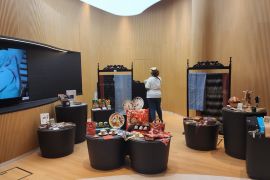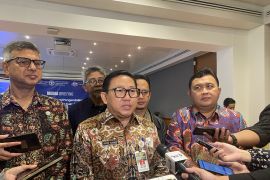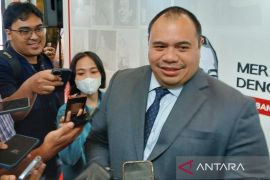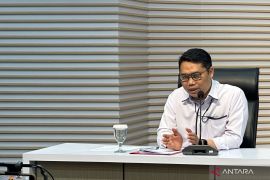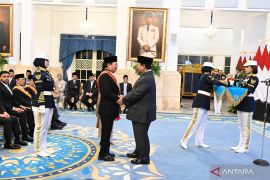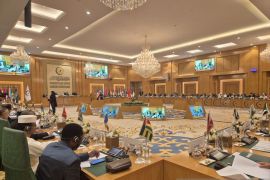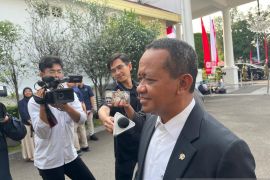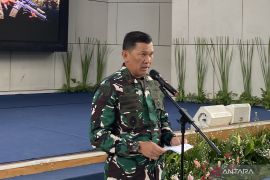Not only five former ministers -- Soebroto, Kuntoro Mangkusubroto, Purnomo Yusgiantoro, Darwin Zahedy, and Chairul Tanjung -- but former ambassador of the US to Indonesia Robert O. Blake is also attending the meeting.
Today, the ministry is also scheduled to meet 21 workers affected by Freeports efficiency policy.
"Not only Freeport but Indonesia also has a dispute with Newmont, so today, I would like to share the experiences gained during my term as minister," Tanjung remarked.
His visit, however, was not intended to interfere with the ministrys final stance on the dispute, Tanjung stated while expressing hope that the solution later would be beneficial for the people.
The ministry has formulated some plans to cope with further effects, such as unemployment, if the corporation stops operating.
Freeport, which has operated in Papua, the countrys eastern province for at least five decades, is now embroiled in a dispute with the government, mainly due to the conversion of the legal status from a contract of work into a special mining permit.
The new permit requires the corporation to divest 51 percent of its share to the government.
Although further technical implementation is yet to be regulated, Coordinating Minister for Maritime Affairs Luhut Binsar Panjaitan had remarked last month that the state-owned enterprises could purchase the shares.
"We are looking for a win-win solution. On the other hand, Indonesias interests should not be sacrificed," Panjaitan reiterated in Jakarta in late February.
Since 1967 until this year, Freeport has operated at least seven mining sites: Grasberg, the underground of Grasberg, Ertsberg, the Big Gossan, Doz, Deep MLZ, and the Wild Cat.
Wastes from the mining operation have presumably affected the customary land of the seven indigenous tribes, the Ajkwa River, and 110 kilometers of the nearby estuary.(*)
Editor: Heru Purwanto
Copyright © ANTARA 2017
